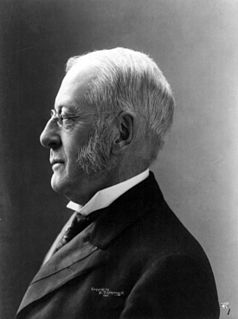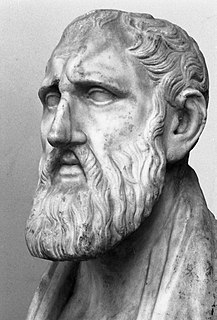A Quote by Marcus Tullius Cicero
There is a difference between justice and consideration in one's relations to one's fellow men. It is the function of justice not to do wrong to one's fellow men of considerateness, not to wound their feelings.
Quote Topics
Related Quotes
Truth and falsity, indeed understanding, is not necessarily something purely intellectual, remote from feelings and attitudes. ... It is in the total conduct of men rather than in their statements that truth or falsehood lives, more in what a man does, in his real reaction to other men and to things, in his will to do them justice, to live at one with them. Here lies the inner connection between truth and justice. In the realm of behavior and action, the problem recurs as to the difference between piece and part.
Those who are successfully to lead their fellow-men, should have once possessed the nobler feelings. We have all known individuals whose magnanimity was not likely to be troublesome on any occasion; but then they betrayed their own interests by unwisely omitting the consideration, that such feelings might exist in the breasts of those whom they had to guide and govern: for they themselves cannot even remember the time when in their eyes justice appeared preferable to expediency, the happiness of others to self-interest, or the welfare of a State to the advancement of a party.
As far as my experience goes, men of genius are fairly gifted with the social qualities; and in this age, there appears to be a fellow-feeling among them, which had not heretofore been developed. As men, they ask nothing better than to be on equal terms with their fellow-men; and as authors, they have thrown aside their proverbial jealousy, and acknowledge a generous brotherhood.
Two things, Christian reader, particularly excite the will of man to good. A principle of justice is one, the other the profit we may derive therefrom. All wise men, therefore, agree that justice and profit are the two most powerful inducements to move our wills to any undertaking. Now, though men seek profit more frequently than justice, yet justice is in itself more powerful.











































